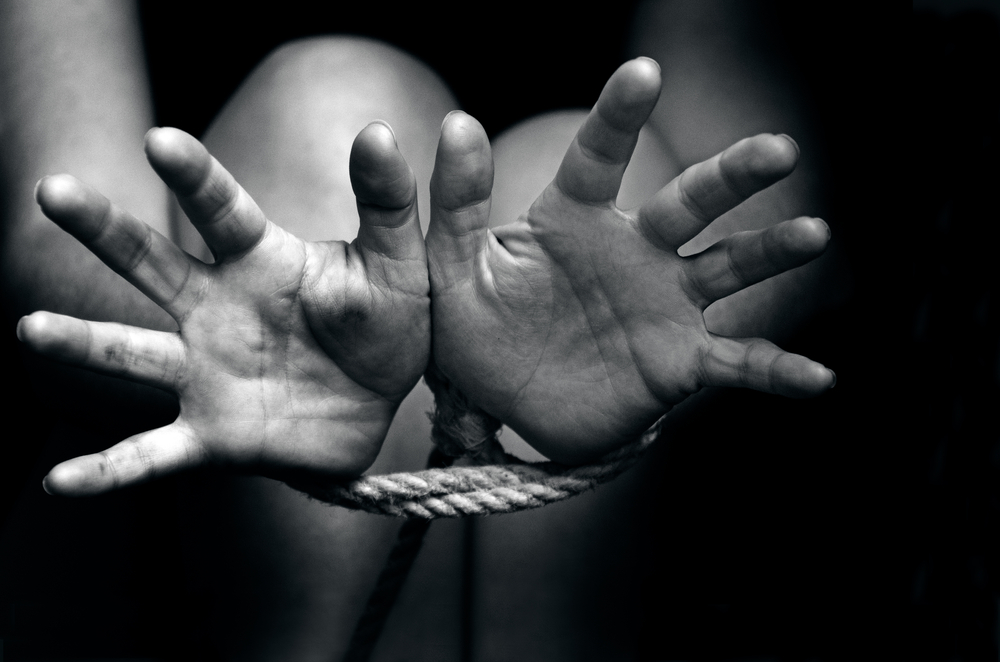
In a new report by the Berkshire Eagle, multiple sources spoke about the close relationship between drug addiction and human trafficking—especially in light of the epidemic of opioid addiction in Massachusetts.
Authorities in Massachusetts say human traffickers prey on vulnerable women who are dependent on heroin (or other opioids), and use drugs to lure and keep them in the sex trade. Some recent arrests in the Bay State have shed light on the problem.
In October, Charles Robinson was arrested in the town of Lee, where he was found in a motel with one of his victims who he allegedly sold for sex online, according to prosecutors. Robinson allegedly kept one woman “strung out on heroin” while she worked for him.
The 42-year-old New York man was also allegedly planning to recruit another victim who was going through heroin withdrawal. Authorities believe he would have provided her with heroin. His attorney, however, argues that all sex and drug activity between Robinson and the women was consensual.
Massachusetts Attorney General Maura Healey said human traffickers are even staking out methadone clinics to recruit women with promises of drugs, food and housing. Julie Dahlstrom, director of the Human Trafficking Clinic at Boston University Law School, confirmed this, saying that drugs are used to entice and then control women in the sex trade.
Women in the throes of drug addiction are “ideal victims” for traffickers, said Donna Gavin, head of the Boston Police Department Human Trafficking Unit. Addiction is just one of the many traits that make sex work seem like a viable option to vulnerable people.
Another expert on trauma in men, Steven L. Procopio, pointed out that drug addiction can intensify among human trafficking victims, who may seek more drugs to cope with the hardship of sex work. “It’s a way to get through a night’s work, being stoned,” he said.
Another arrest this year happened in April, when a 61-year-old Lowell man was indicted by a grand jury on three counts of trafficking in persons for sexual servitude, two counts of deriving support from prostitution, and one count of possession with intent to distribute fentanyl.
The man, Harold Jack Lucas, is accused of providing women with drugs like fentanyl—a potent synthetic opioid that has been responsible for fatal overdoses across the U.S. and Canada—before he would send them out each night with a quota of men they had to sleep with for money.
The money earned would then go back to Lucas. “He took advantage of women hooked on opioid abuse,” said Attorney General Healey at the time of his indictment.
According to state data, in 2015, the rate of fatal opioid overdoses reached a record-breaking 25.8 deaths per 100,000 in Massachusetts—a 32% increase from 2014. Last year, there were more than 1,500 confirmed opioid-related deaths in the state, up from about 1,300 the previous year.
